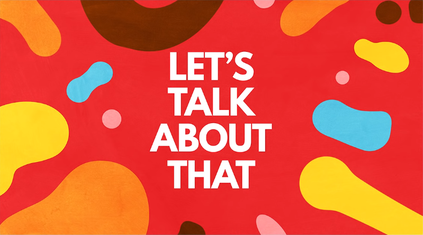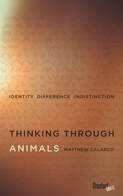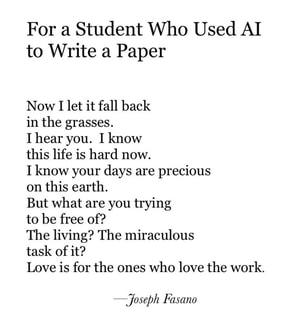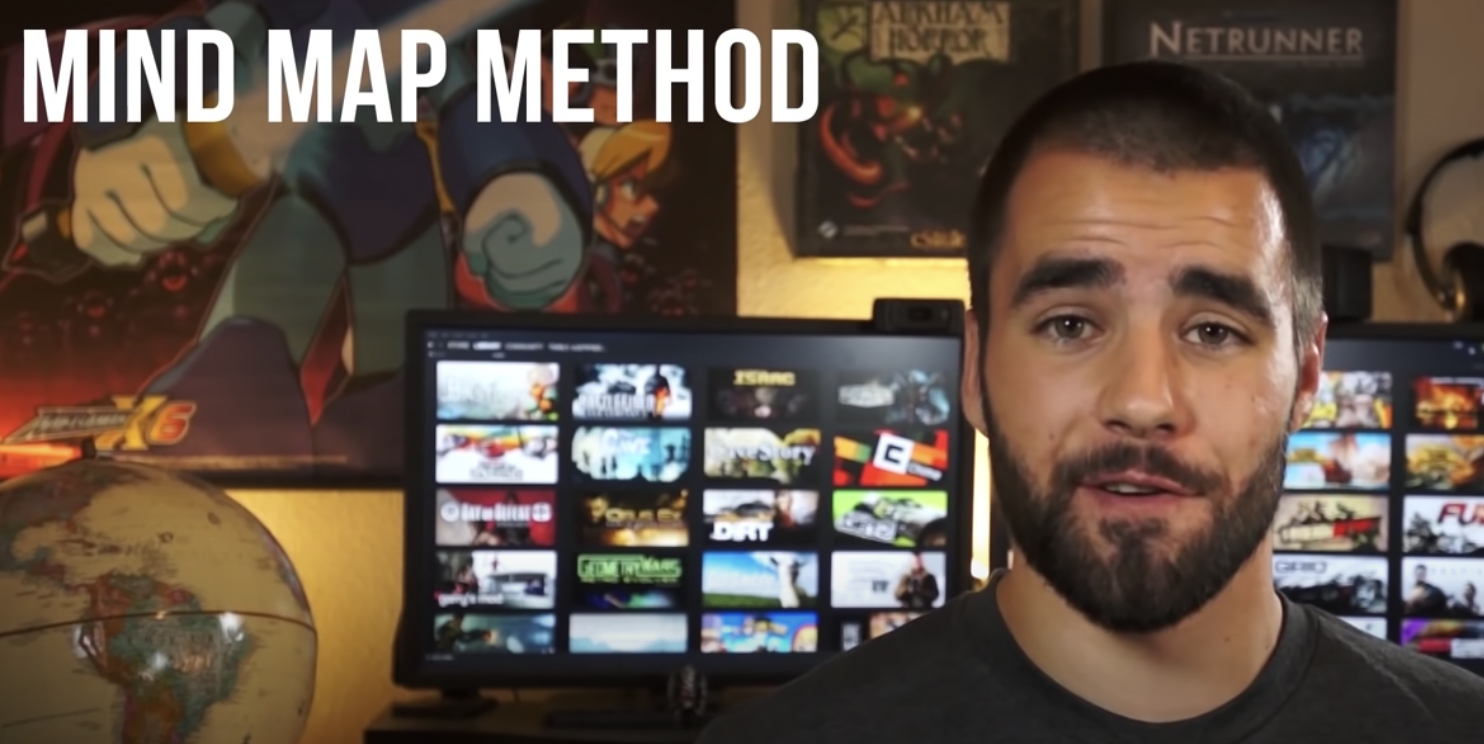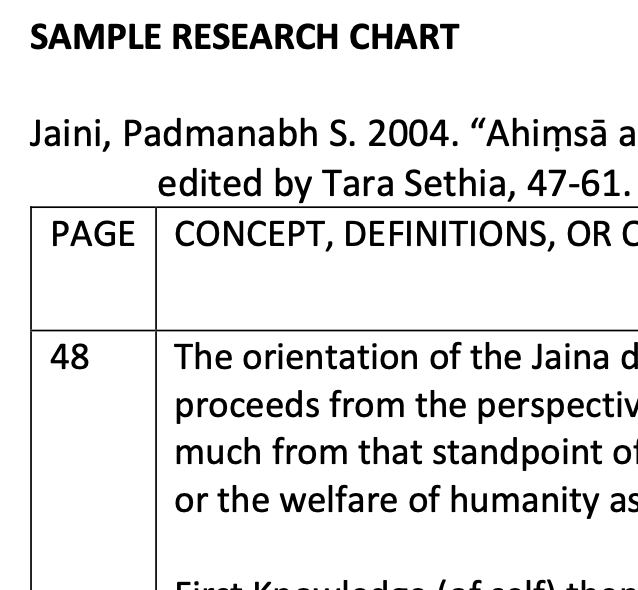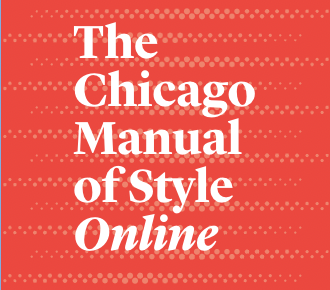Animal Ethics & Religion
REL ST 170 / PHILOS 130
Fall 2023
CLASS TIME: Tues/Thurs 5:00–6:20pm
Anteater Learning Pavilion 1700
Professor: Brianne Donaldson / [email protected]
Image credit: Jo-Anne McArthur WeAnimalsArchive.org
Image credit: Jo-Anne McArthur WeAnimalsArchive.org
